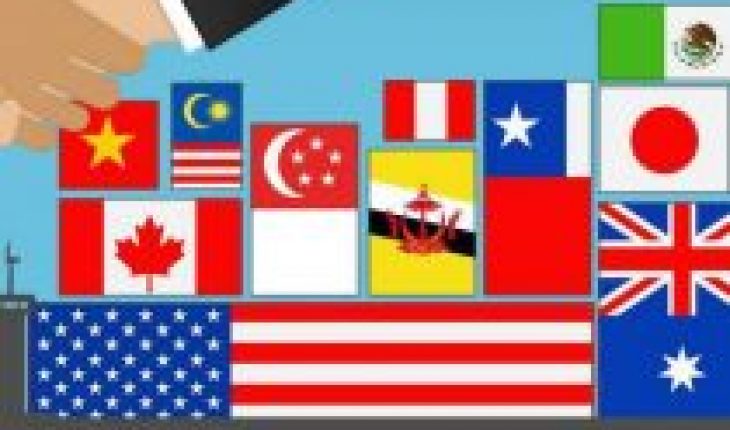Most of the free trade agreements – of which Chile has signed many – can be “denounced” without that implying being an outlaw within the international community. The term “denounce” is used in this field of international law for the purpose of designating a country’s decision to choose to free itself from the obligations and rights granted to it by a particular international treaty. In most cases, the treaties themselves establish the mechanisms or protocols that must be followed for the purpose of making such a complaint effective. If this is not the case, the Vienna Convention may be appealed to for the same purpose.
For example, the FTA signed between Chile and the Mercosur countries provides as follows:
“The contracting party wishing to dissociate itself from this Agreement shall communicate its decision to the other signatory countries 60 days before the deposit of the respective instrument of denunciation with the General Secretariat of the ALADI.”
“As of the formalization of the denunciation, the acquired rights and obligations contracted under this agreement shall cease for the Reporting Contracting Party.”
The famous TPP11 – which has been signed but not put into effect by Chile – also states that “any party may denounce this treaty by submitting written notice…”. A complaint shall take effect six months after a party submits written notice…”.
It follows from the above – and from other examples that could be mentioned – that the denunciation of a trade agreement is not a violent, radical, uncivilized or violating the commitments made. It is an absolutely normal mechanism, which falls as far as possible and allowed for any country, and which is contemplated in the same treaty that is intended to be denounced.
But it is one thing for the denunciation of an FTA to be possible and quite another for it to be – for this fact alone – desirable, favorable or convenient for a country like Chile. Let’s take an example to make the explanation easier. If Chile denounced the FTA signed with the countries of the European Union, Chilean goods would pay normal tariffs when entering any country of the European Union. It would cease its right to enter these markets without paying tariffs, and that would leave Chilean goods in a less competitive situation than goods from other parts of the world. Chile would lose markets and reduce its exports.
In return, European goods would no longer enter the Chilean market duty-free, which would cause them to enter with a higher price and/or Chilean import trade to be diverted to purchase from countries that would continue to enjoy tariff preferences granted by Chile. Such a situation, which takes place within a few months, even a year, would entail serious damage – otherwise self-inflicted damage, a real shot in the foot – to Chilean exports. It’s hard to assume that could be beneficial or desirable for the country. In other words, once the structure of our exports has been adapted to the quantities demanded and the requirements imposed by certain destination markets, it is difficult to introduce sudden changes without implying negative changes in production and domestic sectoral occupation.
But none of the above means that we should sit idly by thinking that the current situation is as unchangeable as the course of the stars. There are possible mechanisms of change. On the one hand, free trade agreements are constantly analyzed between the countries parties, in the light of their operation and the new or old problems they face. They are not set in stone. These meetings – which are part of the treaties themselves – are a suitable forum for small or large modifications to these treaties. It must be borne in mind, in any case, that the countries that are counterparts will only yield to requests for modifications proposed or requested by Chile to the extent that they obtain, in return, something that is of their convenience. This is a negotiation and not a mere appeal to goodwill.
Secondly, it is not necessary to continue signing international treaties with the same format, but to negotiate future treaties with an orientation in tune with the domestic productive sectors that are to be promoted and/or protected, and of the export sectors that are not necessarily primary that they wish to develop, all this in the context of new models of development where the country is expected to walk.
Third, the world is changing. It changes the correlation of international forces that imposed or made possible the current type of international trade treaties. It changes the political and academic acceptance of free trade as a mechanism for fair and sustainable development. In the developed countries themselves, trends towards trade protectionism schemes are increasing. These same countries modify their tax rules and their degree of acceptance or coexistence with the tax havens that their companies like to use so much. All this generates more favorable circumstances both to modify the current treaties and to sign new treaties under different terms. In any case, active diplomacy is needed, especially in multilateral forums and organizations, to join forces with other countries facing similar circumstances.
The content expressed in this opinion column is the sole responsibility of its author, and does not necessarily reflect the editorial line or position of El Mostrador.





